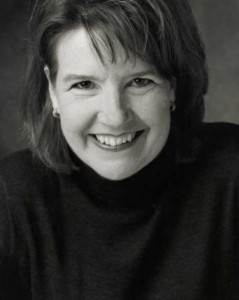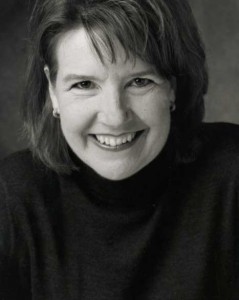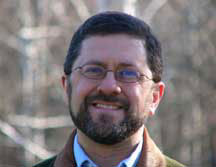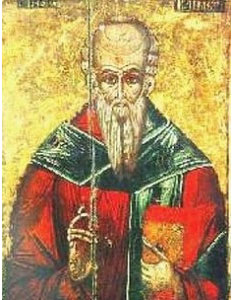Episode 10- Seeking Truth with Sharon Doran – The Temptation of Jesus (PART 2) 
Podcast: Play in new window | Download (27.5MB) | Embed
Subscribe: Apple Podcasts | Spotify | Amazon Music | Android | Pandora | iHeartRadio | JioSaavn | Podchaser | Gaana | Podcast Index | Email | TuneIn | Deezer | Anghami | RSS | More
Sharon Doran serves as the teaching director of “Seeking Truth.” An experienced Bible Study teacher, Sharon has a passion for scripture that will motivate and challenge you to immerse yourself in God’s Word and apply His message to your every day life.
Episode 10 –
Temptation of Jesus
Matthew 4, Mark 1 and Luke 4 (part 2)
Temptation…. Who can resist it? Led by the Holy Spirit, Jesus goes out to the desert tobattle Satan, the father of lies. Drawing from the Hebrew Scriptures, Sharon shows how this pivotal event in the ministry of Jesus is connected with so many Old Testament figures: Adam, Elijah, Elisha and King David. In addition, Sharon teaches us that the temptations before Jesus are no different than the ones Adam faced, no different than the ones we face. But armed with the Word of God, Jesus triumphs over the Evil One and the angels are sent to minister to Him.
 “Seeking Truth” is an in depth Catholic Bible Study, commissioned by the Archdiocese of Omaha in response to John Paul II’s call to the New Evangelization as well as Pope Benedict XVI’s exhortation for all Catholics to study scripture. To learn more go to:www.seekingtruth.net
“Seeking Truth” is an in depth Catholic Bible Study, commissioned by the Archdiocese of Omaha in response to John Paul II’s call to the New Evangelization as well as Pope Benedict XVI’s exhortation for all Catholics to study scripture. To learn more go to:www.seekingtruth.net




